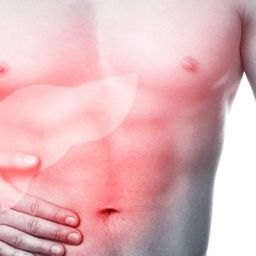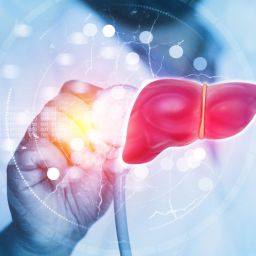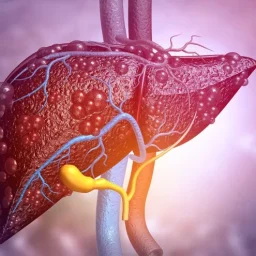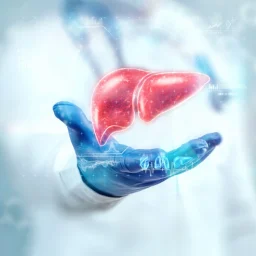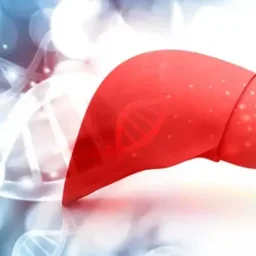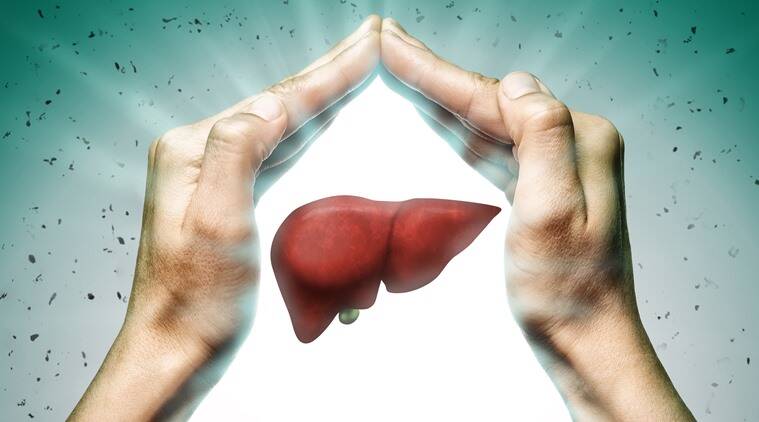
Understanding Liver Hemangiomas and Their Impact on Health
Before diving into nutritional recommendations, it’s essential to understand liver hemangiomas and their potential effects on the body. Liver hemangiomas are composed of clusters of blood vessels within the liver and are typically benign, meaning they are non-cancerous. In most cases, individuals with liver hemangiomas do not experience symptoms, and these tumors remain stable over time. However, larger hemangiomas or those that cause symptoms may require medical attention or monitoring.
Although these tumors are typically not life-threatening, any liver condition requires careful management. The liver is vital for detoxification, metabolism, and processing nutrients, so maintaining liver health is crucial, especially in the presence of hemangiomas.
Why Is Nutrition Important for Individuals with Liver Hemangiomas?
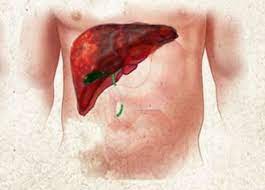
Liver health is directly linked to a person’s overall well-being, and proper nutrition can support the liver’s natural functions. While a liver hemangioma itself doesn’t necessarily require dietary intervention, eating the right foods and avoiding harmful substances can help prevent additional strain on the liver, reduce inflammation, and potentially support the body’s healing process.
Nutrition can also play a crucial role in managing underlying conditions that may contribute to liver issues, such as fatty liver disease, high cholesterol, or obesity. By adopting a liver-friendly diet, individuals with liver hemangiomas can manage their overall health and avoid potential complications.
Nutritional Recommendations for Individuals with Liver Hemangiomas
1. Focus on Antioxidant-Rich Foods
Antioxidants are compounds that help protect the liver from oxidative stress and reduce inflammation, which can contribute to liver damage. Many antioxidant-rich foods are also high in vitamins and minerals that support overall health. For individuals with liver hemangiomas, increasing antioxidant intake can help protect liver cells and promote healing.
Some of the best sources of antioxidants include:
- Berries: Blueberries, strawberries, raspberries, and blackberries are rich in antioxidants such as vitamin C and flavonoids.
- Leafy greens: Spinach, kale, and other dark leafy greens are excellent sources of antioxidants and essential vitamins.
- Nuts and seeds: Walnuts, almonds, and chia seeds provide not only antioxidants but also healthy fats that support liver function.
- Fruits: Apples, oranges, and grapes are good choices for antioxidants, particularly vitamin C and flavonoids.
- Green tea: Rich in polyphenols, green tea can help reduce oxidative stress and inflammation.
Incorporating these antioxidant-rich foods into daily meals can support liver health and may help manage any inflammation caused by the liver hemangioma.
2. Include Healthy Fats
Healthy fats play a crucial role in maintaining liver health. Unsaturated fats found in foods like olive oil, avocados, and fatty fish can help reduce inflammation, support cell function, and improve overall liver function. Omega-3 fatty acids, in particular, have been shown to reduce liver inflammation and prevent the development of fatty liver disease, which can sometimes occur alongside liver hemangiomas.
Good sources of healthy fats include:
- Fatty fish: Salmon, mackerel, and sardines are rich in omega-3 fatty acids, which are beneficial for liver health.
- Olive oil: Extra virgin olive oil is a healthy fat that helps reduce liver inflammation.
- Avocados: Avocados are high in healthy fats and also contain glutathione, a powerful antioxidant that aids in liver detoxification.
- Nuts and seeds: Walnuts, chia seeds, and flaxseeds are all good sources of omega-3 fatty acids.
3. Maintain a Balanced Protein Intake
Proteins are essential for the repair and regeneration of tissues in the body, including the liver. For individuals with liver hemangiomas, adequate protein intake is necessary for overall health, but the source of protein matters. It’s important to focus on lean, high-quality protein sources that are gentle on the liver.
Healthy protein sources include:
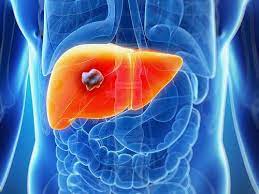
- Lean meats: Chicken, turkey, and lean cuts of beef or pork can provide high-quality protein.
- Fish and seafood: Apart from being rich in omega-3s, fish like tuna, cod, and shrimp also provide healthy, easily digestible protein.
- Plant-based protein: Legumes, lentils, tofu, tempeh, and edamame are excellent plant-based protein sources.
- Eggs: Eggs are a great source of high-quality protein and are easy to incorporate into various dishes.
It’s also important to avoid excessive consumption of protein, as the liver may need to work harder to process it, especially if there are underlying liver conditions.
4. Stay Hydrated with Water and Herbal Teas
Proper hydration is essential for maintaining liver function. Water helps flush out toxins from the body, which is crucial for liver health, as the liver is responsible for detoxifying the blood. Drinking plenty of water daily can help prevent dehydration and support the liver in its natural detoxification processes.
Herbal teas, such as dandelion root, milk thistle, and ginger tea, can also be beneficial. These teas are known for their liver-supporting properties and can assist in improving digestion and reducing inflammation.
5. Limit Processed Foods and Sugar Intake
Excessive consumption of processed foods, refined sugars, and unhealthy fats can lead to liver inflammation, fatty liver disease, and an increased burden on the liver. For individuals with liver hemangiomas, avoiding foods that may contribute to liver damage is important for maintaining overall health.
Limit or avoid:
- Processed foods: These often contain high amounts of unhealthy fats, sugars, and artificial additives that can stress the liver.
- Refined sugars: High sugar intake is associated with fatty liver disease and metabolic syndrome, which can affect liver function.
- Alcohol: Alcohol is toxic to the liver and should be consumed in moderation or avoided completely, particularly for individuals with liver conditions.
- Trans fats and saturated fats: Found in many processed and fried foods, these fats can increase liver inflammation and contribute to liver disease.
By reducing the intake of these harmful substances, individuals with liver hemangiomas can help protect the liver and prevent additional health complications.
6. Avoid Iron Overload
Excessive iron can accumulate in the liver and other organs, potentially leading to liver damage and worsening existing liver conditions. For individuals with liver hemangiomas, it is advisable to avoid excessive iron consumption. This is particularly important for those with conditions such as hemochromatosis, a genetic disorder that causes iron overload in the body.
To prevent iron overload, it’s essential to:
- Limit the intake of iron-rich foods like red meat and organ meats.
- Avoid iron supplements unless prescribed by a healthcare provider.
- Include more plant-based sources of iron, such as leafy greens, beans, and legumes, which are less likely to contribute to iron overload.
7. Support Digestive Health with Fiber
Fiber plays an essential role in digestive health and liver function. It helps regulate blood sugar levels, reduces inflammation, and supports healthy bowel movements. High-fiber foods can also help reduce the burden on the liver by preventing fat buildup and promoting efficient digestion.
Include fiber-rich foods such as:
- Whole grains: Brown rice, quinoa, oats, and whole wheat provide high amounts of fiber.
- Vegetables: Leafy greens, carrots, broccoli, and Brussels sprouts are excellent sources of fiber and nutrients.
- Fruits: Apples, pears, and berries provide soluble fiber, which can help lower cholesterol and support liver health.
- Legumes: Beans, lentils, and chickpeas are high in fiber and can help maintain digestive health.
While liver hemangiomas generally do not require specific dietary changes, adopting a liver-friendly diet can help support overall liver function, reduce inflammation, and maintain optimal health. Individuals with liver hemangiomas should focus on consuming antioxidant-rich foods, healthy fats, lean proteins, and fiber, while avoiding processed foods, excess sugar, and alcohol.
Regular monitoring of liver health and working closely with a healthcare provider can ensure that any potential complications are detected early, and appropriate dietary adjustments can be made. By following these nutritional recommendations, individuals with liver hemangiomas can improve their well-being and reduce the risk of further liver complications.

